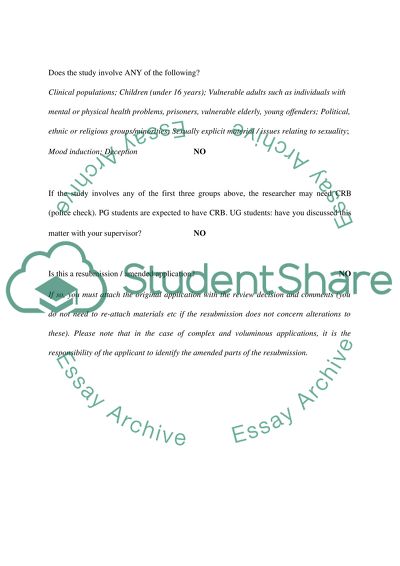Cite this document
(“Are students with an internal locus of control, are more susceptible Dissertation”, n.d.)
Retrieved from https://studentshare.org/psychology/1476049-are-students-with-an-internal-locus-of-control-are
Retrieved from https://studentshare.org/psychology/1476049-are-students-with-an-internal-locus-of-control-are
(Are Students With an Internal Locus of Control, Are More Susceptible Dissertation)
https://studentshare.org/psychology/1476049-are-students-with-an-internal-locus-of-control-are.
https://studentshare.org/psychology/1476049-are-students-with-an-internal-locus-of-control-are.
“Are Students With an Internal Locus of Control, Are More Susceptible Dissertation”, n.d. https://studentshare.org/psychology/1476049-are-students-with-an-internal-locus-of-control-are.


